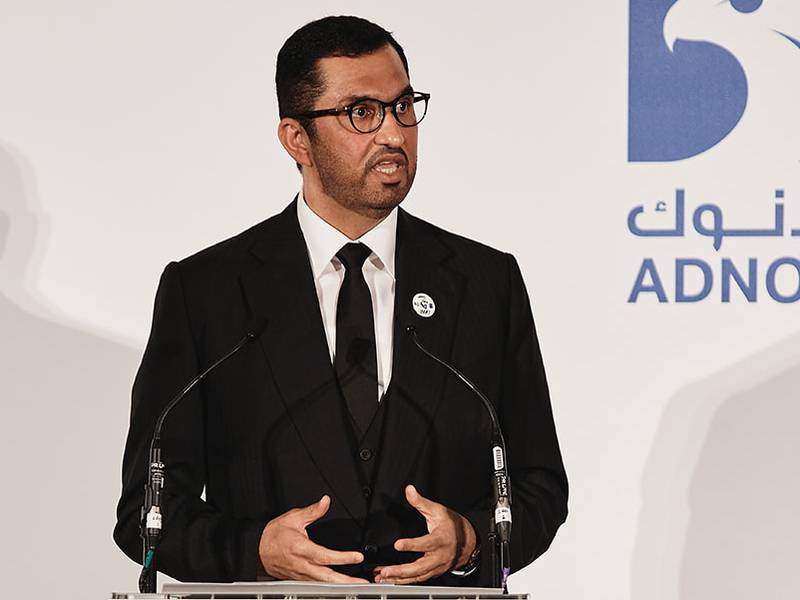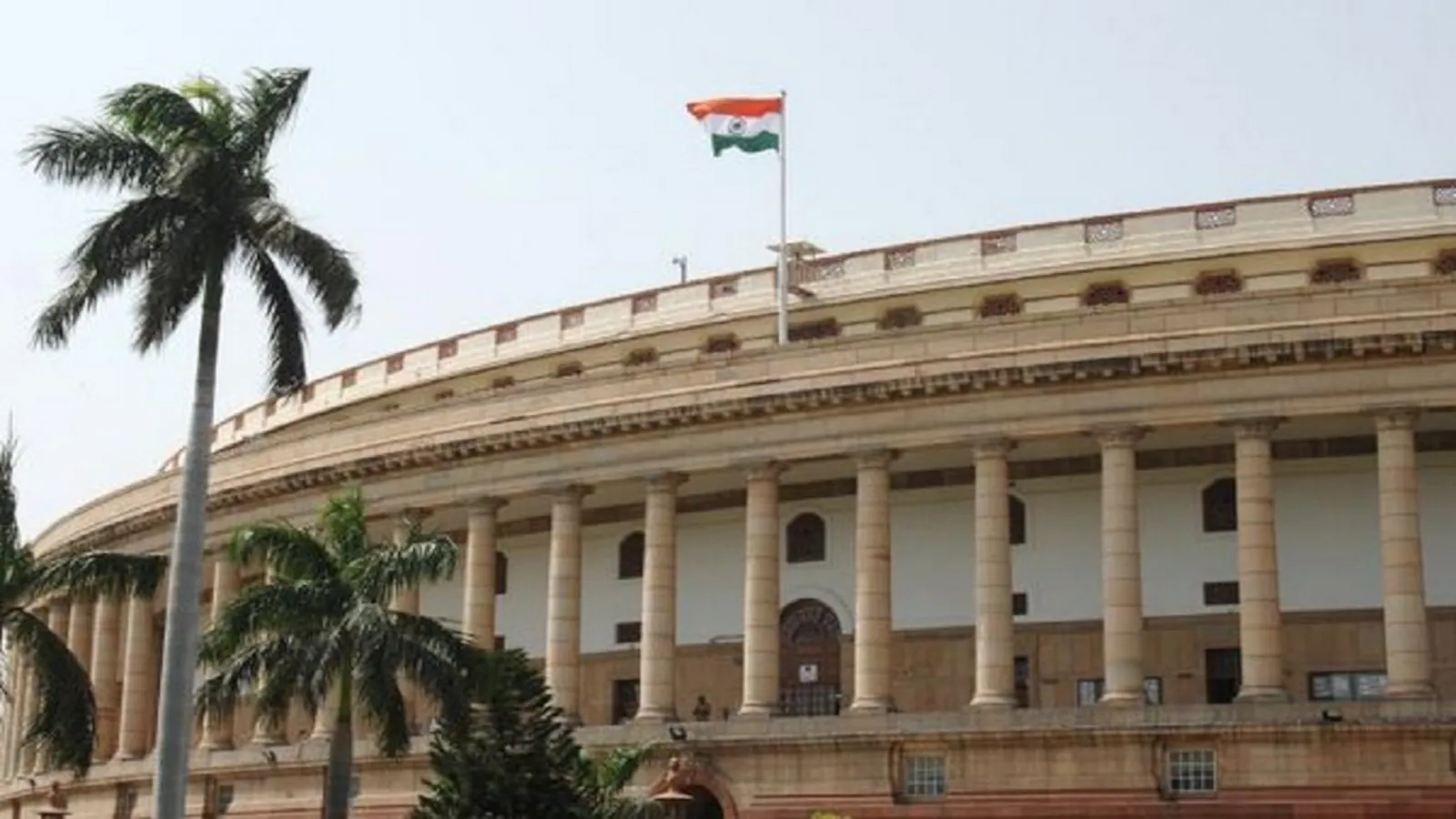Supporting oil and gas investment is crucial for energy security and economic development as current market dynamics do not reflect fundamentals or long-term demand growth, Minister of Industry and High Technology Sultan Al Jaber said on Wednesday.
The chief executive of one of the region’s biggest oil companies believes his incumbents are responsible for energy security after they hit back at proposals to cut oil and gas production.
Speaking at the Energy Intelligence Forum in London, Sultan Ahmed Al-Jaber, chief executive and group chairman of Abu Dhabi National Oil Co, insisted that companies like his need to be “in the room” when it comes to energy transition plans. Al-Jaber, who also serves as the UAE’s minister of industry and high technology, warned that disconnecting existing energy systems before developing new ones is wrong, as abandoning oil and gas production could undermine energy security.
“Major investments are needed in the hydrocarbon sector to ensure that energy security is maintained,” he said.
“We have seen that all progress begins and ends with energy security. And as the world’s energy leaders, our responsibility to maintain energy security has never been clearer, “said Dr. Al Jaber.
“Yes, we all need to commit to mitigating the impact of global energy supplies, but let’s continue to focus on carbon capture, not production reduction.” Let’s stop emissions, not progress. ”
The United Arab Emirates will host the 28th UN Climate Summit, Cop28, in 2023. Later at the Cop27 follow-up this month in Egypt to find solutions to climate change threats as the world transitions to a low-carbon economy.

The energy transition is estimated to require more than $250 trillion in investment over the next 30 years and is expected to happen gradually.
Meanwhile, Sharif Al Olama, the deputy secretary of the ministry of energy and petroleum affairs, said on Tuesday at the RAK Energy Summit that the UAE is taking a pragmatic approach to its energy transition, being “well positioned” to become a global leader in the hydrogen sector.
“The rapidly changing energy landscape of recent years has shown us that we must move toward a future that meets growing energy demands and provides affordable, reliable, easy-to-use and sustainable energy systems,” said Mr.Olama .
The UAE wants to work with partners to mitigate the impact of hydrocarbons on the climate and develop its expertise as a regional leader in low-carbon and zero-carbon energy.
Adnoc is investing in more capacity for its Murban crude, which has half the carbon intensity of the industry average.
It will also triple its LNG capacity to more than 15 million tonnes per year. It is supported by 9.6 million tonnes of annual LNG production and a shipping terminal in Fujairah.
He stated that ADNOC is reducing the carbon content of its oil and gas by another 25% by the end of this decade by utilizing advanced technologies and renewable solar and nuclear energy. Al-Jaber added that ADNOC is also expanding the use of carbon capture and storage.
Speaking at the same event in October.
He added that it is also expanding in the hydrogen value chain, carbon capture and storage, he added.
Al-Jaber revealed that the UAE is ready to work with partners to mitigate the impact of hydrocarbons on the climate and develop its expertise to become a leader in carbon-free energy.
Saudi Aramco CEO Amin Nasser said global oil demand is expected to grow until 2030 and beyond because the world has a flawed plan for its energy transition.
In his speech, Nasser stated that the alternatives to replacing oil and gas are not yet ready and added that measures must be taken to reduce carbon dioxide emissions from oil and gas and develop carbon dioxide capture and storage technology.


